Since launching our grantmaking activities in 2014, we have awarded over $26.4 million in support of our research priorities: access, affordability, and the value of legal education.
Awarded Grants
Grant Program
Grant Status
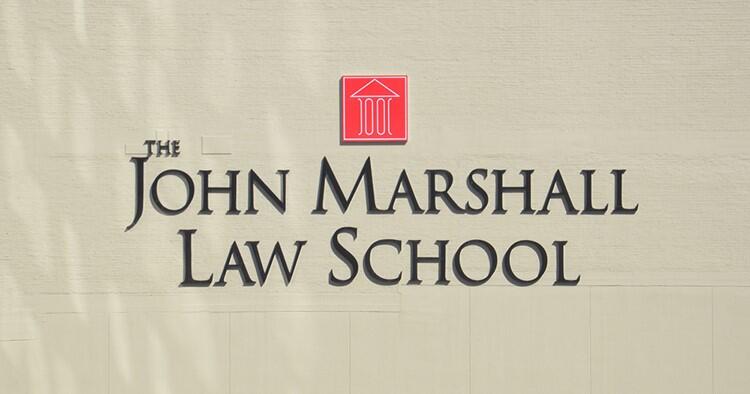
The Board of Trustees of the University of Illinois on behalf of The John Marshall Law School
This project will study the efficacy of an intervention to enhance law student writing skills and create a scalable, replicable model to improve student writing for use in other law schools.
View grant outcomes.

University of Hawai'I William S. Richardson School of Law
The project consists of two interventions – a MBE Intensive Course by Kaplan and a new Advanced Legal Analysis Course – that are designed to improve the legal analytical skills and bar passage prospects of students at the University of Hawai’i, William S. Richardson School of Law. These two interventions are components of a schoolwide effort to raise awareness and address the challenge of bar passage rates.
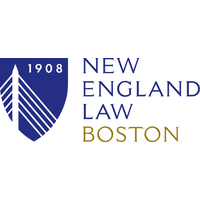
New England Law Boston
This project aims to reduce the bar passage barrier by training law students to rate their ability to self-assess on certain critical study practices and test-taking skills. New England Law Boston will measure the relationship between students’ academic performance and students’ assessment of their own skill levels and the improvement in students’ ability to accurately self-assess.
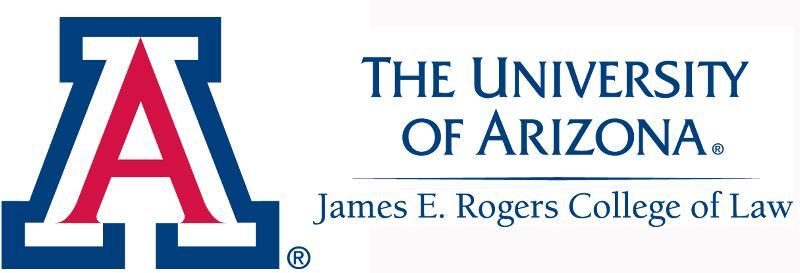
The Law College Association of the University of Arizona - James E. Rogers College of Law
JD-Next is an expanded program for the 2020 cohort and will serve two objectives: 1) to prepare diverse students for success in law school and 2) to provide a valid and reliable test for predicting law school performance. By linking these two goals together, JD-Next aims to achieve strong predictors of success without racial, ethnic, and socioeconomic biases that affect standardized tests.
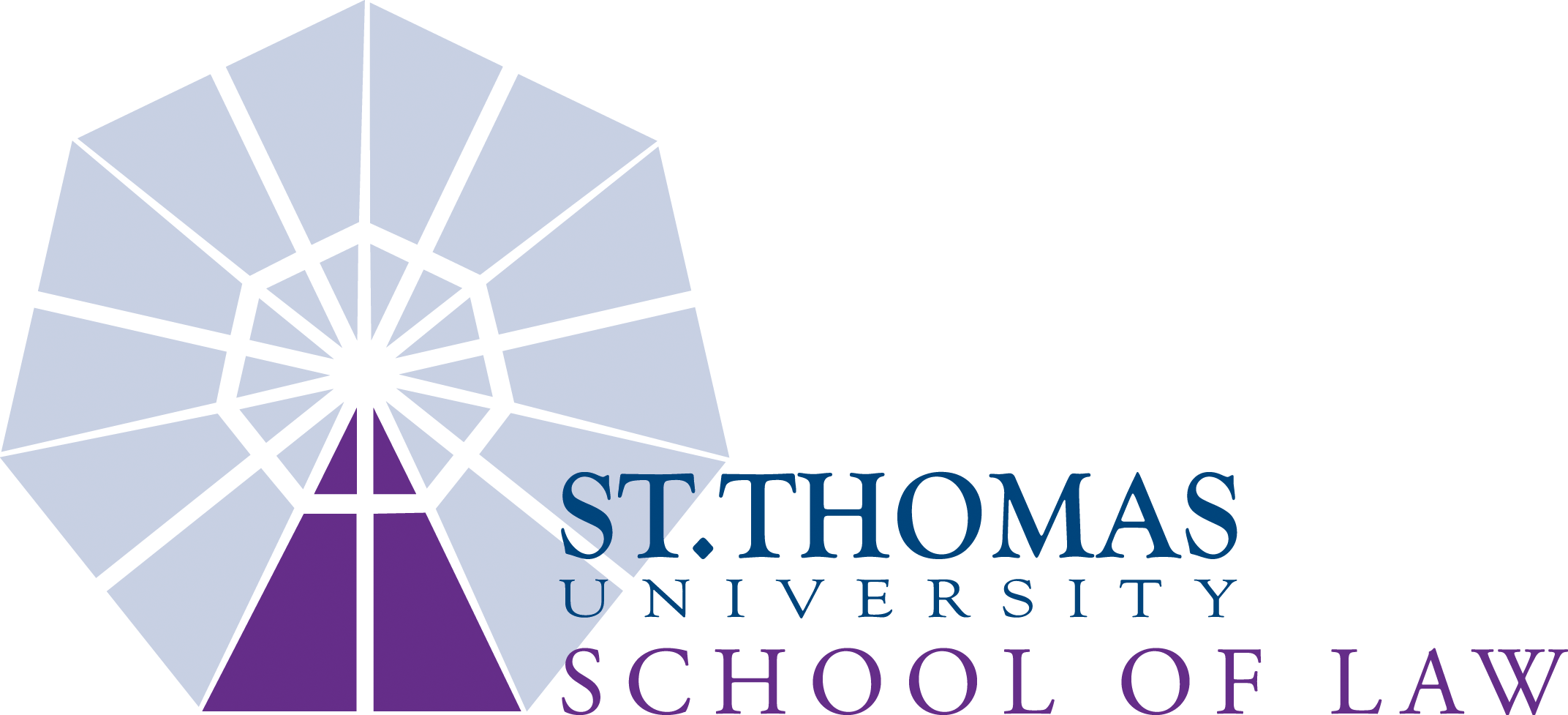
University of St. Thomas School of Law
The project is an updated version of the Survey of Law Student Well-Being that was conducted in 2014 [for a summary of the findings, read Suffering in Silence: The Survey of Law Student Well Being and the Reluctance of Law Students to Seek Help for Substance Use and Mental Health Concerns, 66 J. Leg. Educ. 116 (2016)]. The updated version of the survey would seek to learn how law student well-being has changed since 2014. The overall goal will be to determine whether there have been changes in the prevalence of substance use and mental health issues among law students and the extent to which increased attention to law student (and lawyer) well-being in the last few years has affected the willingness of law students to get help.

University of New Hampshire Franklin Pierce School of Law
The Preliminary Bar (Prelim) Tool-Kit at the University of New Hampshire (UNH) Franklin Pierce School of Law administers a miniature version of the Uniform Bar Exam (UBE) to students while they are still in school. Student results on the Prelim can then be used to inform students' personal trajectories of study and make cohort-level programming decisions to promote bar readiness, as opposed to the conventional approach where students turn to bar exam prep in earnest only after they graduate-- at which point, it is too late for the law school to be the strongest possible resource for these students.
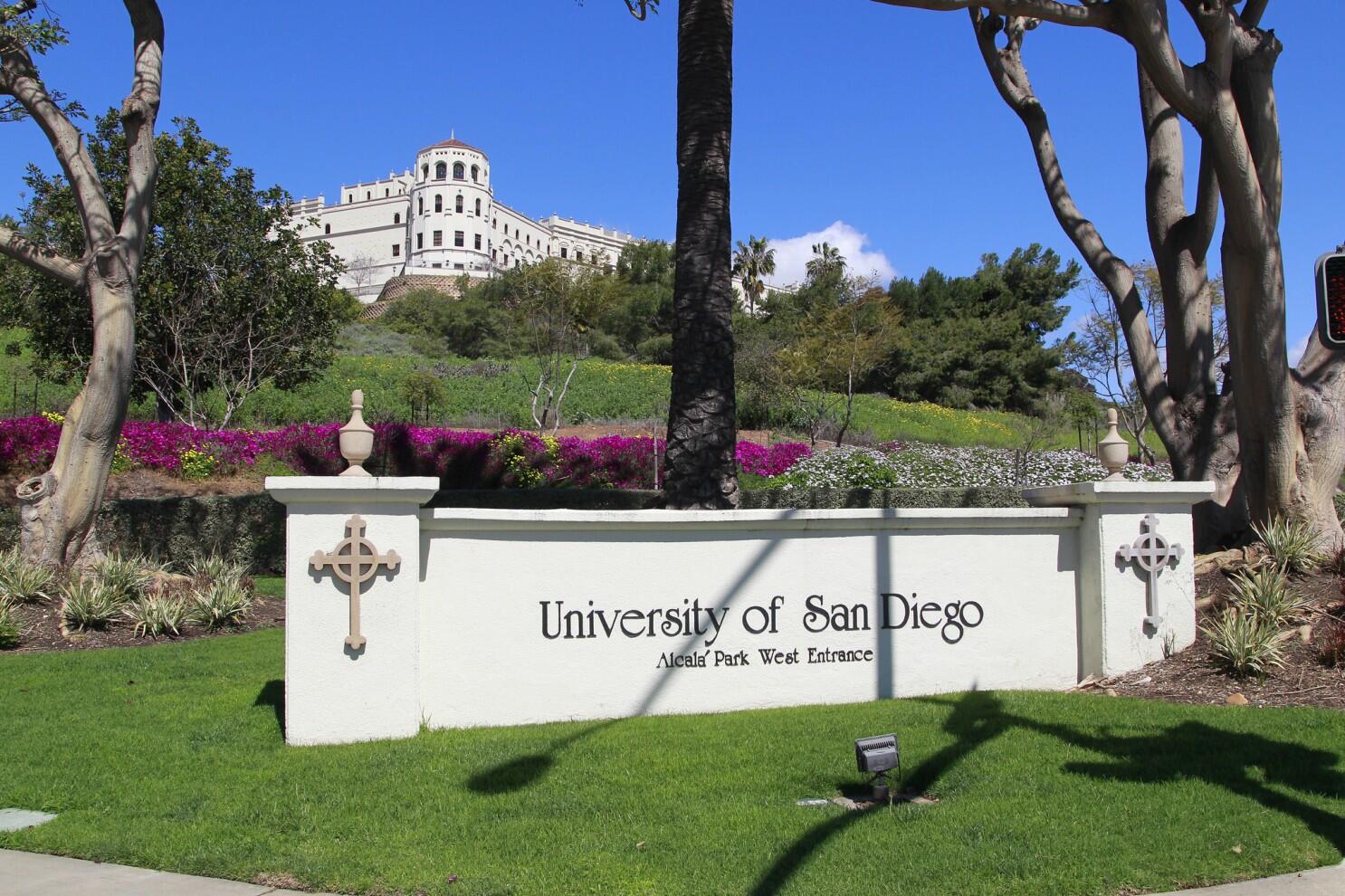
University of San Diego
The primary goal of this project is to increase access to the practice of law in California by bridging the gap between admission to law school and passing the bar exam. Phase I of the project will identify potential interventions through a combination of statistical analysis and by gaining input from stakeholders. Phase II will involve the implementation of at least two interventions identified in Phase I.
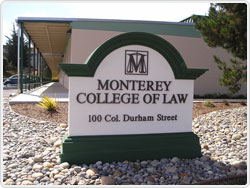
Monterey College of Law
This study will be the first of its kind to compile and analyze empirical data from regulatory agencies (state and national bar associations), industry trade groups (malpractice insurers), and other published academic and professional research. The primary objective is to inform national and state policy decisions through an empirical analysis of the relationship between a minimum bar exam passing score (“cut score”) and minimum competency, public protection, and disparate impact. This is a companion study to the AccessLex Institute supported California Attorney Practice Analysis (CAPA).
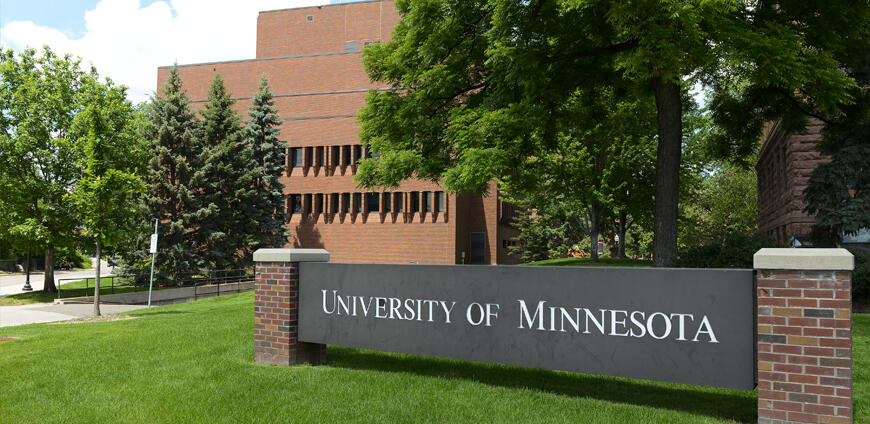
University of Minnesota
Research grant awarded to Krista Soria, Director of Student Affairs Assessment at the University of Minnesota, to better understand the roles of financial factors (e.g., funding sources, debt, financial stress, and food and housing insecurity) in graduate, professional, and law students’ mental health, time to degree completion, and career interests.



